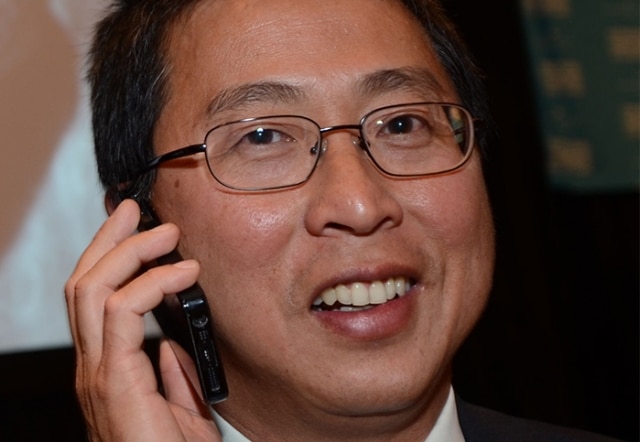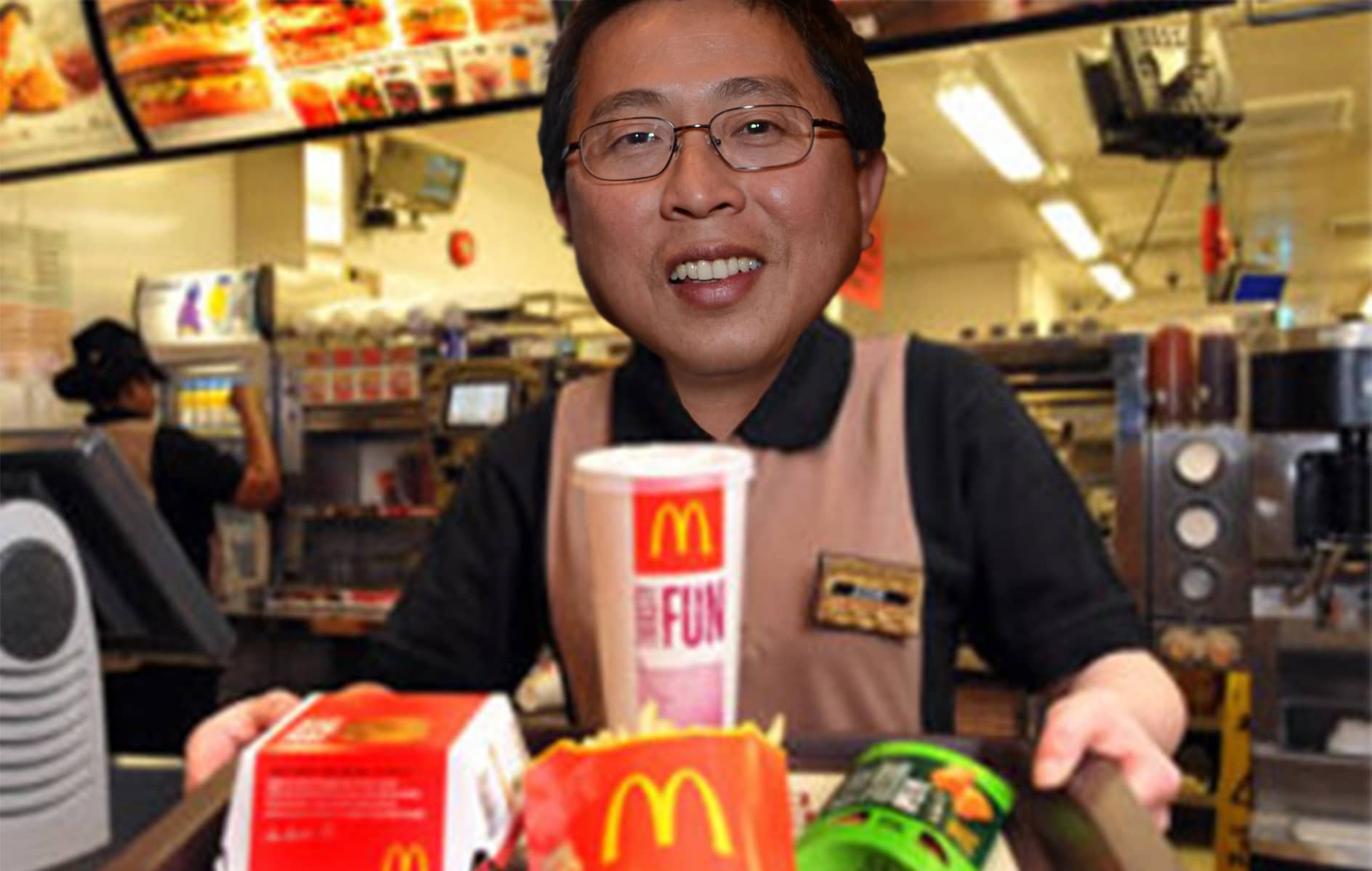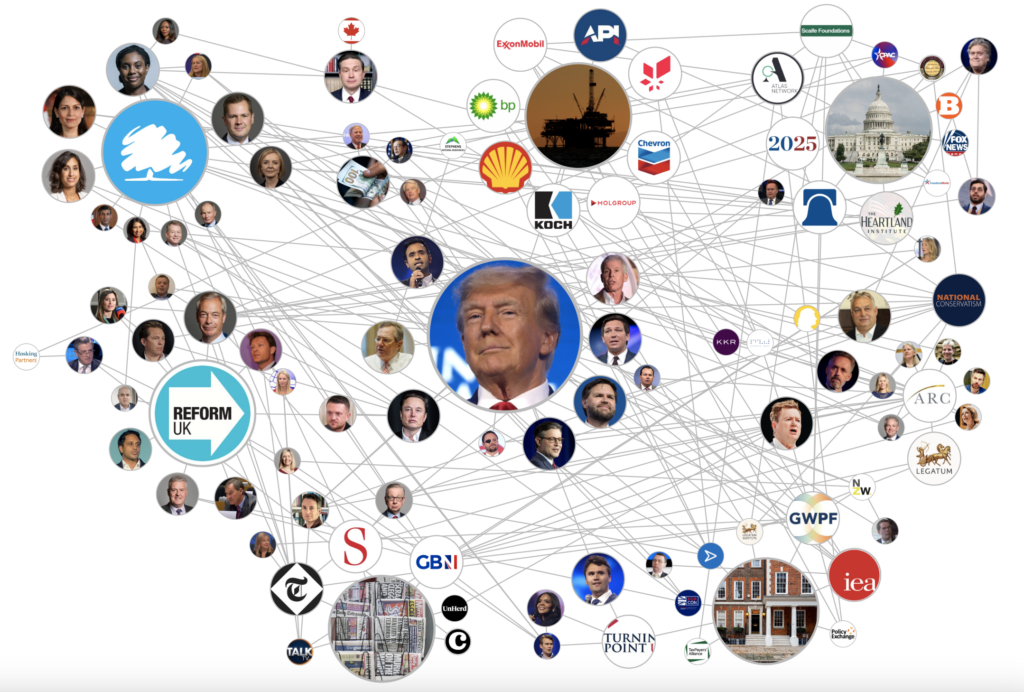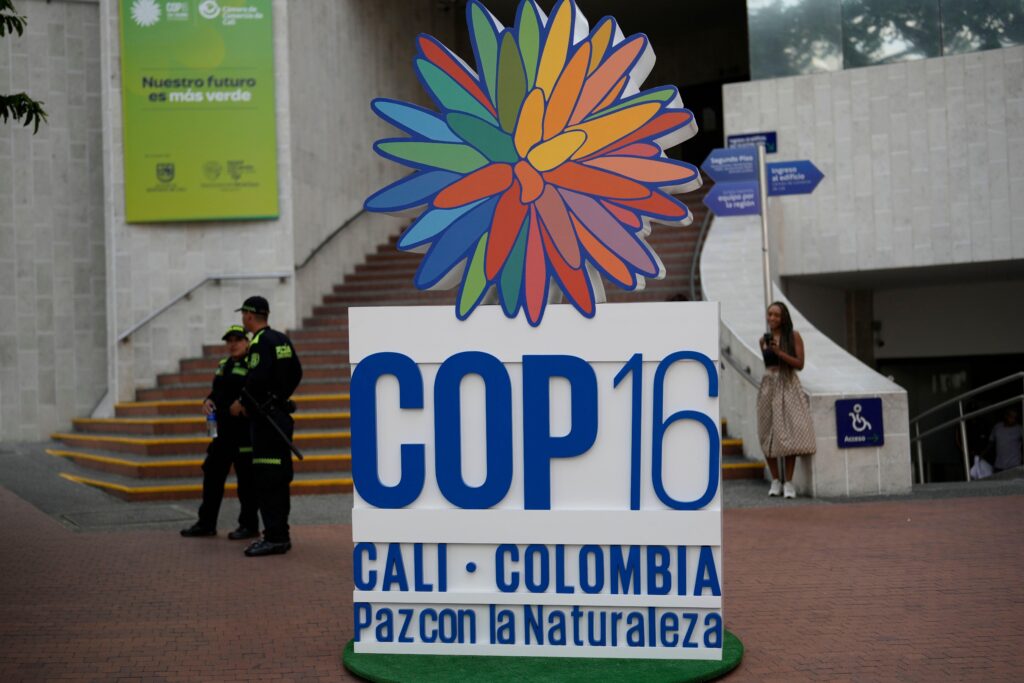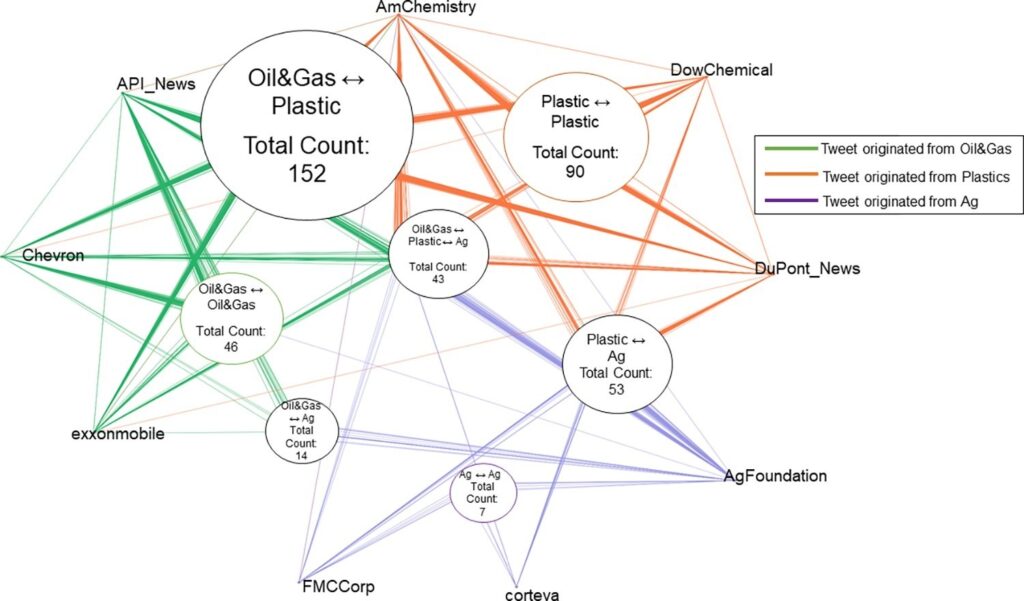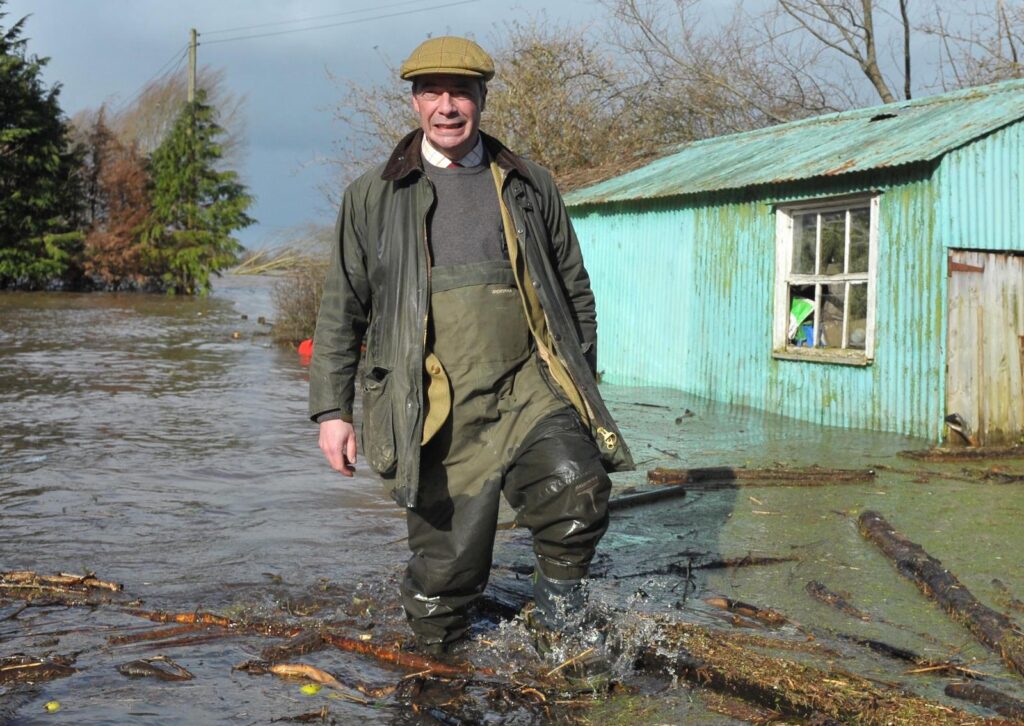Climate scientists tempted by the millions of dollars paid by the oil industry to researchers who happen to come up with the right conclusions have been warned – you would be better off flipping burgers.
Willie Soon, a researcher at the Harvard-Smithsonian Centre for Astrophysics, has accepted cash from the oil baron Koch brothers, oil behemoth ExxonMobil and the American Petroleum Institute – the troika of industry-funded climate denial.
The New York Times on Sunday revealed that Soon promised “deliverables” including scientific papers and Senate testimony when negotiating terms with energy companies.
But the maverick researcher claims he would have been better off working for a burger chain and is walking on his uppers…
“I am very poor”, he said during an interview at the Heartland Institute conference in Las Vegas last summer. “I would say, if you consider the last three years or four years, I’d say I’m on minimum wage. I could work in McDonald’s and make more money.”
“That’s as simple as that. Even my wife doesn’t know this. I don’t discuss money. She supports me in every way she can about science.” He went on: “I’m doing the science I dream of doing … I am a true scientist. In that rigorous sense. I pursue this happiness.”
Committed to Science
Strangely, Soon said that he was so committed to science that he had even missed his own father’s funeral in order to attend a conference. He also explained his father had left school in China after six years and valued education very highly.
The researcher’s remarks were made to refute claims by the environmental campaign group Greenpeace US that he was attacking climate science after receiving millions in research grants from oil companies.
ExxonMobil cut research grants to Soon at the Harvard-Smithsonian in 2010 after Greenpeace exposed their support – apparently without even thanking him for his years of dedication.
“Exxon do not fund me any more. They have not funded me for many years. I think they are afraid because of public pressure. Money does not guide me in any way. As simple as that, really … They are a very big company and I am a small potato.”
“Please – everyone should know this thing is on the public record. I don’t think I get ever more than $50,000 to $60,000 a year … if you know how much time I spend working. I am embarrassed to tell people.”
The New York Times reported Soon has received $1.2 million in fossil fuel funding in the last decade – while crucially failing to declare any conflict of interest when publishing in scientific journals. Soon took $409,000 from electric utility company Southern Company Services and $230,000 from the Charles G Koch Charitable Foundation. Both ExxonMobil and the American Petroleum Institute have stopped their grants.
Big Oil Protégé
Soon completed his PhD in Aerospace Engineering at the University of South California in 1991 and began working at the Mount Wilson Observatory, where the chair of trustees was Robert Jastrow, founder of the Koch-funded George C. Marshall Institute.
By the following year, he had become a protégé of Sallie Balinuas, an Exxon beneficiary, at the Harvard-Smithsonian Centre. And it was not long before he was drawing in hundreds of thousands of pounds in research grants from oil interests.
His department has received cash from the Electric Power Research Institute, American Petroleum Institute, Mobil Foundation, Texaco Foundation, ExxonMobil Foundation, the Charles G. Koch Foundation, and the mysterious Donors Trust.
The average salary in the United States today is $54,450 while McDonald’s in Britain pays over-22s £5.55 an hour – about £11,544 ($17,800) a year.
Photo and photomontage: Brendan Montague
Subscribe to our newsletter
Stay up to date with DeSmog news and alerts


